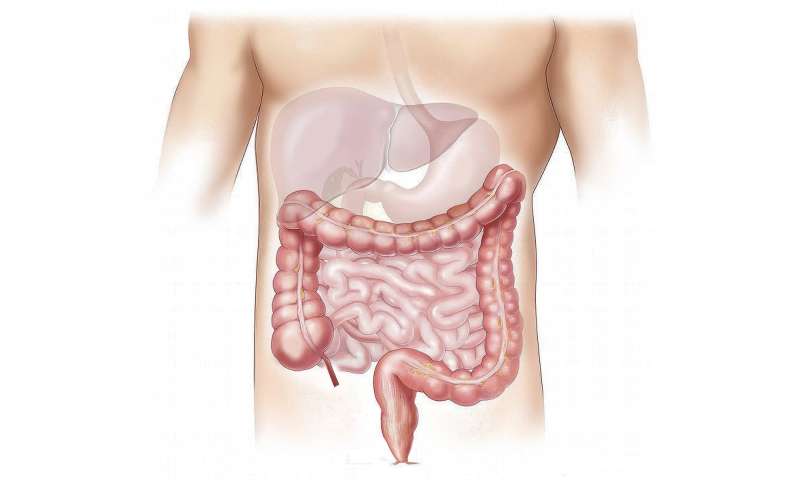
Short bowel syndrome is a debilitating condition with few treatment options, and these treatments have limited efficacy. The ability to grow artificial intestine is a coveted goal with the potential to profoundly improve this outlook. Working toward this target, researchers have created an artificial scaffold that mimics the native small intestinal architecture, complete with villi; this scaffold can incorporate intestinal epithelial cells and be successfully implanted in mice while retaining structural integrity. The work is reported in Tissue Engineering.
David J. Hackam, Johns Hopkins School of Medicine, Baltimore, MD, and colleagues present their results in an article titled “Development of Intestinal Scaffolds that Mimic Native Mammalian Intestinal Tissue.” The authors used polyglycerol sebacate to fabricate scaffolds and showed that they have mechanical properties similar to native intestine, are stable in control and digestive media, and can be infiltrated with intestinal epithelial cells for functional intestinal recreation attempts. An additional feature of the scaffold material is its amenability to the future integration of drug and growth factor delivery mechanisms.
Source: Read Full Article
